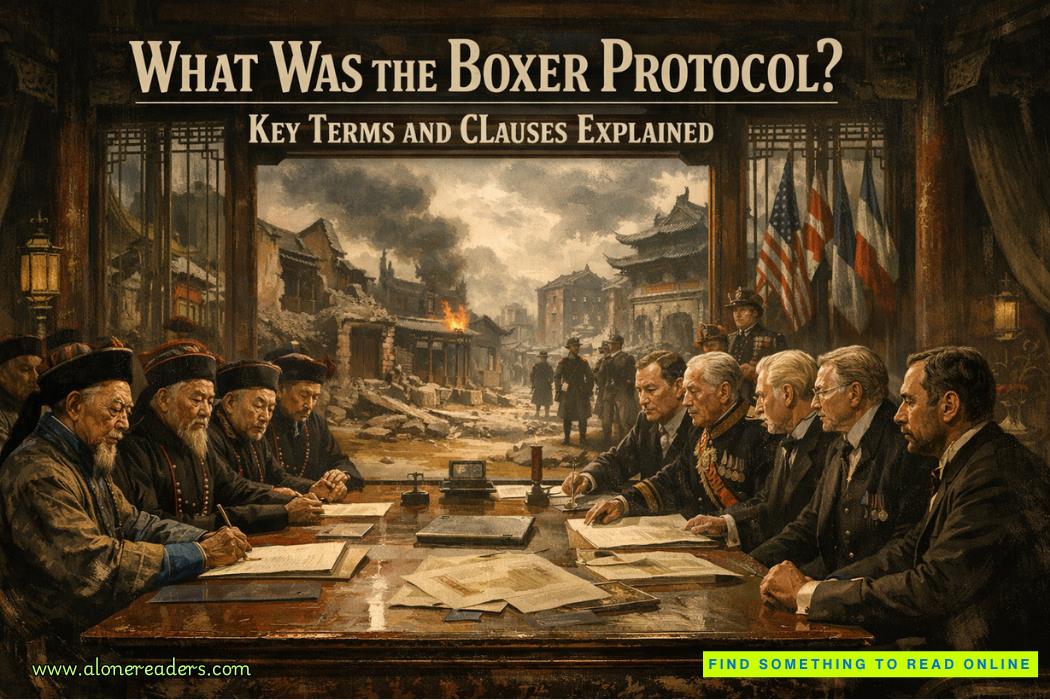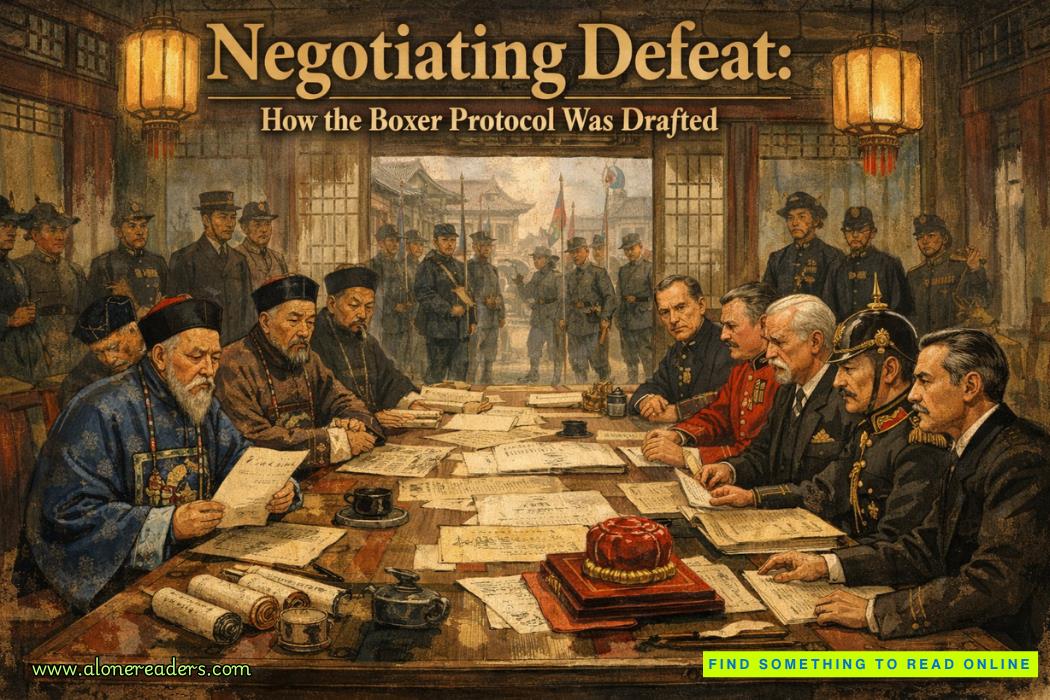Mr. Darcy had no reason to make any visits to the Gardiners’ home, but he often accompanied his friend. Elizabeth saw in the second visit that Mr. Darcy’s manner toward her had changed. He no longer treated her with polite reserve. He was courteous, and at times even deferential toward her. And Elizabeth noticed that he listened to every word she spoke. He often brought Georgiana along on those visits, and she observed that sometimes he even smiled at what he heard. It was not a real smile, but only a quirk of his lip, which was soon gone from his face.
After every visit that Mr. Darcy made, Elizabeth wondered why he had come. Was it to support his friend, or was it to see her? His behavior was confusing. She remembered the sting of the words he had spoken at the Netherfield ball, and yet here he was, sitting in the home of her uncle, a tradesman.
One afternoon, Elizabeth was waiting in the Gardiners’ parlor for Sir Lawrence when Mr. Darcy and Mr. Bingley arrived and entered with the man himself. Mr. Darcy was frowning.
“Miss Elizabeth, the day is insufferably hot. I cannot imagine you venturing out in such heat. It would be better if you remained here in the shelter of your uncle’s house.”
Elizabeth, suppressing a smile, replied. “I thank you for your concern, Mr. Darcy. I have my parasol, as you see,” she raised it slightly, her eyes alight with amusement, “and Sir Lawrence assures me it will be but a short drive.”
Her words did little to ease him. He frowned more deeply when Sir Lawrence greeted him briefly, then, with an air of assurance, turned immediately to Elizabeth with the warmest attentions. Darcy’s displeasure was plain to all, though Sir Lawrence only looked amused, as if he relished the silent contest.
“Miss Elizabeth, you have faithfully promised to join me on an expedition to Gunter’s. I hope you have not forgotten. You also agreed to tell me which is your favorite ice.”
Bingley laughed, but Darcy’s frown only grew deeper. “Late August is no season for such excursions. The heat is scorching.” He stood at the window and watched the curricle with such a forbidding frown that his friend grew concerned lest he had angered him.
Elizabeth’s study of Mr. Darcy’s behavior made her wonder if he was jealous, just as Alexander had been; it was unreasonable for him to feel that way, as he had no designs on her. But then she realized that Mr. Darcy’s jealousy was not unwelcome, and she knew at once that she was in some danger from the quiet gentleman.
That evening, Elizabeth confessed to Jane, “I know not what to make of him. He is courteous now, indeed; he has even been kind, but I cannot forget what I overheard at the Netherfield ball. I spoke of it to no one then, for I was too wounded by his words.” She then recounted the painful scenes she had endured, concluding with quiet resolve: “His civility may be nothing more than duty to his sister. I shall not be deceived again.”
Jane, speaking gently, answered, “Dearest Lizzy, you misjudge him. I believe Mr. Darcy’s regard is not so easily explained away. Whatever you may think of him, I cannot doubt that his eyes speak a language far removed from indifference. They are often fixed upon your face.”
Elizabeth would not be persuaded, yet in her heart she could not wholly dismiss her sister’s words.
The two men were rivals, and Elizabeth did her best to soothe Sir Lawrence as she had done with Alexander. Caroline no longer worked against her brother and Jane, as she was too involved in her own pursuit of the Viscount. The Hursts received several invitations for balls, routs, and soirées from people with whom they were not acquainted. Caroline accepted them as a compliment to herself, convinced that Viscount Dunwich was asking his friends to invite her and the Hursts. Mrs. Hurst, ignorant of the Viscount’s influence, wondered aloud why they were suddenly so sought after.
At a rout one evening, Caroline exulted in his attentions. He asked her to dance, and during their set, his conversation strayed ever closer to impropriety.
“Your décolletage is most becoming and seductive, my dear, and such a figure must command admiration. The gentlemen are all envious of me, because this is a waltz and you are in my arms.”
Caroline flushed, but she persuaded herself that such remarks were what might be expected of titled gentlemen of the higher circles. His following remark was even bolder. “A bosom as full and shapely as yours is meant to be worshipped. Believe me, no man could remain indifferent to such charms.”
Caroline was embarrassed, for now she was certain he was making an indecent proposal, but she decided this was his way of courting her. She declared to Louisa that night in the carriage that the Viscount was the most devoted man she had ever met.
Mr. Hurst interrupted her with a grunt. “Devoted? He is devoted to gaming and to ruin. He may admire you, but he will never marry you. This is the second time I have warned you, and yet you will not listen to reason.”
Louisa grew pale. “Caroline, listen to us. You must put an end to this nonsense at once.”
Caroline refused. “Never. He is half in love with me, which you yourself would admit if you could only see the admiration and sincerity in his eyes.”
Mr. Hurst snorted. “Sincere in his pleasures, perhaps, but that blackguard will never consider matrimony with you.”
Caroline became blind and deaf to her relations and could only think of her Viscount.
Chapter 22: The Letter From Caroline
Jane was very happy, and the days that she had passed in Mr. Bingley’s company restored her former serenity and bloom. He was now spending the majority of his day with her, either visiting a museum, strolling through the royal menagerie, or taking simple drives in Hyde Park. His devotion was unquestionable, and the Gardiners were in daily expectation of an announcement of courtship or of a betrothal.
But Caroline Bingley decided to try one last time to break up the relationship. The more attention she received from the Viscount, the more despair she felt about her brother’s attachment to the tradesman’s niece. She resolved to try again. Finding the persuasion of Charles himself impossible, she turned her venom instead upon Elizabeth. If she could shake Elizabeth’s confidence, if she could sow doubt in her mind, and through her in Jane’s, perhaps the match might yet be prevented.
One morning at the breakfast table, a letter was placed in Elizabeth’s hand by the butler. Elizabeth did not recognize the elegant hand. She broke the seal and saw Caroline’s name written at the bottom of the short letter.
Eliza,
I am astonished that you and Jane have so readily forgotten my brother’s abandonment, and how you rely now upon his professions, when your experience in Hertfordshire ought to have enlightened you.
You must recall his sudden departure from Netherfield, his complete abandonment of Miss Bennet, and the pain such caprice occasioned. I cannot help but think it is my duty, as his sister, to warn you both.
Charles is amiable, but he is not constant. His affections flit as lightly as a butterfly from flower to flower, settling nowhere for long. Today, he gazes upon your sister with rapture; tomorrow, some other fair face will catch his fancy, and Miss Bennet will be forgotten as readily as she was before.















